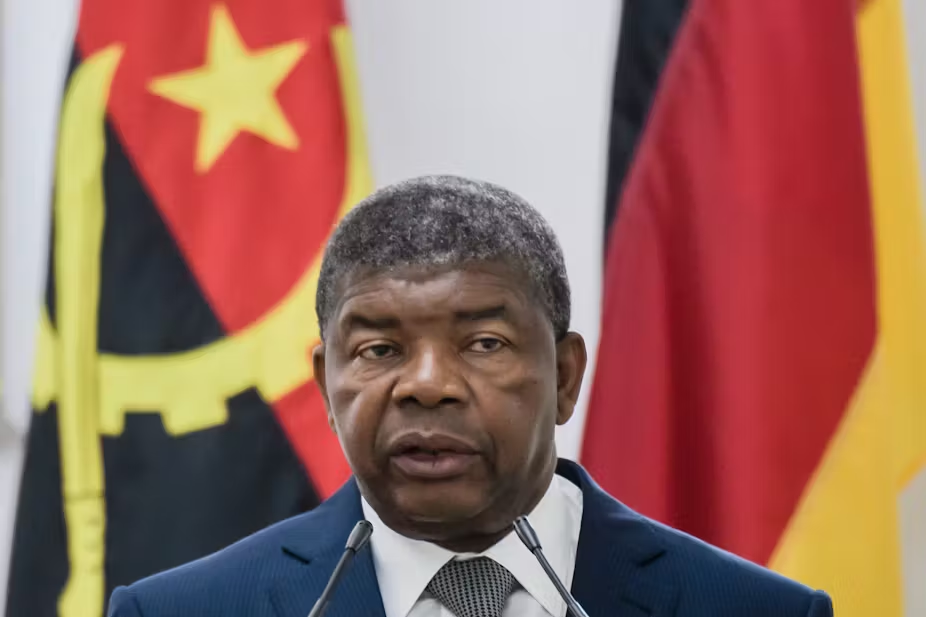
As Angola approaches its sixth general election in 2027, debate over the country’s future leadership is intensifying.
In a bold and controversial opinion voiced this week, political commentator Marcos Filho argued that Angola may require a form of strong, even authoritarian leadership to emerge from what he described as a deep national crisis.
“Angola precisa de uma espécie de ditadura depois de João Lourenço,” Filho said, asserting that the country’s current state of economic and political disorder calls for radical and disciplined governance.
According to Filho, past transitions — particularly from socialism to capitalism under former President José Eduardo dos Santos — allowed wealth to concentrate in the hands of a few, with little accountability.
“Laws and speeches are no longer enough,” he said, suggesting that corruption and impunity have only worsened, with “invisible hands” continuing to embezzle billions from state coffers.
He warned that if significant change does not occur after President João Lourenço’s term, the nation could spiral into further collapse.
In Filho’s view, none of the current potential candidates, including Manuel Homem, Adão de Almeida, and Ana Dias Lourenço, possess the strength and military character needed to implement such transformation.
Filho pointed to General Fernando Garcia Miala as a singular figure capable of enforcing order, citing his integrity, limited personal business interests, and deep knowledge of state secrets.
“His profile commands respect within the armed forces, police, and security agencies,” he said, adding that Miala’s leadership could impose the kind of discipline Angola desperately needs.
The commentator even suggested that under such leadership, Angola could adopt severe punitive measures — including life sentences, capital punishment, and physical penalties for heinous crimes — to deter corruption and restore accountability.
Drawing comparisons to historical examples such as South Korea, Taiwan, Brazil, and Spain, Filho acknowledged that while authoritarian regimes often bring economic growth, they come at significant human and democratic cost. Still, he argued, “a dictatorship is the safest path to save this country.”
He cited the rising influence of foreign powers, including Chinese dominance in retail sectors and Lebanese control over Angola’s foreign exchange streets, as further justification for a regime capable of reclaiming national sovereignty and economic independence.
According to Filho, Angola’s justice system is in “deep coma,” with judges and prosecutors allegedly entangled in corruption. Only a leader with military insight and uncompromising control, he said, could steer the nation back from the brink.
His remarks echoed a growing undercurrent in Angola’s political discourse — a call, not for more democracy, but for stricter control in the face of entrenched dysfunction.
Whether that path leads to stability or deeper suppression remains a question Angolans will soon have to confront.



